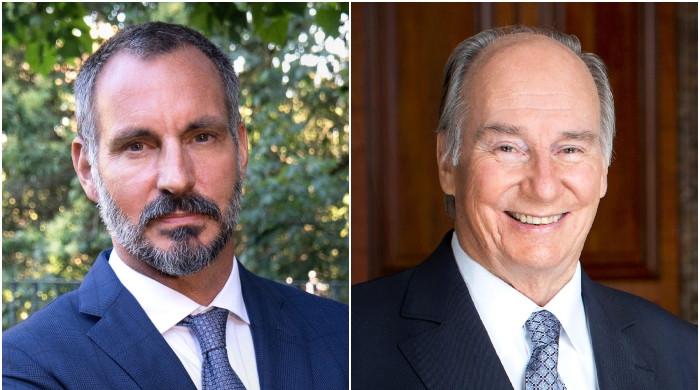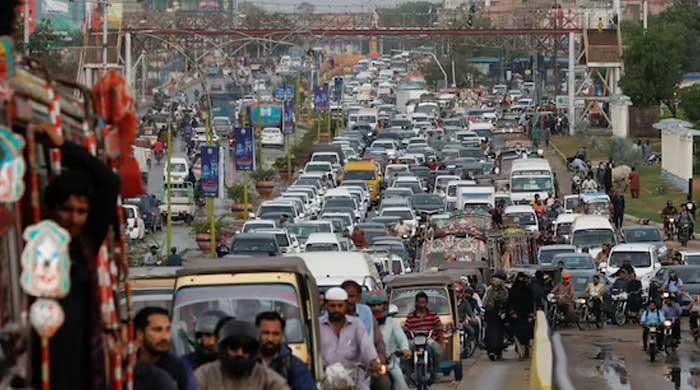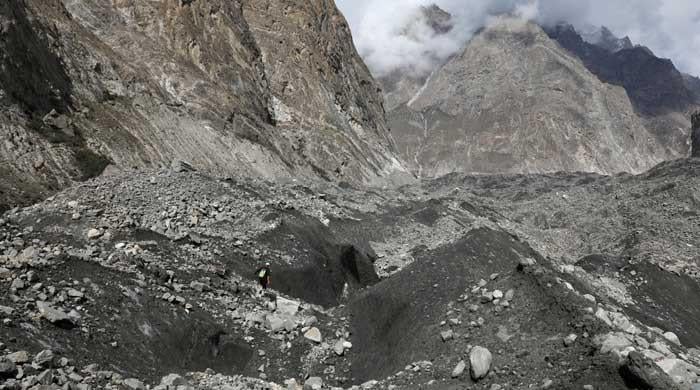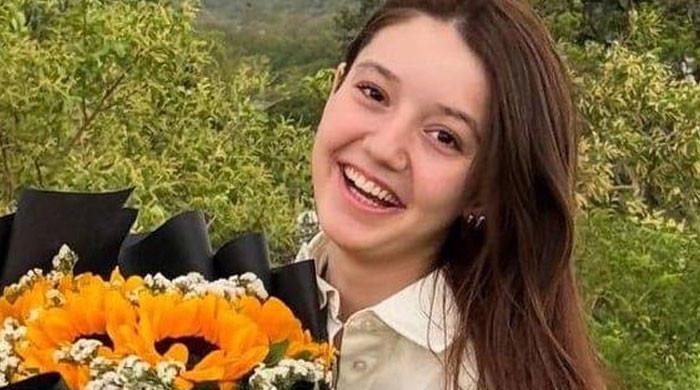Self-medicating and poverty
A very dear friend of mine from Punjab died during the first COVID wave in 2020
January 20, 2023
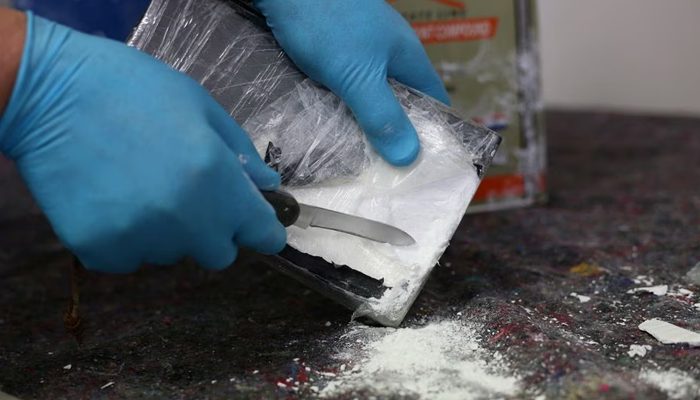
A very dear friend of mine from Punjab died during the first COVID wave in 2020. He was one of the first people I met when I arrived in the Fateh Jang, sub-district of Attock in 1998.
He had a Pathan cap on his head, but he’d pulled it down to cover his ears and it rather looked like a tea cosy. He had a massive grin on his face but he was truly filthy. He exuded a charm that is difficult to describe.
Over the years, this fellow, whose name I won’t share for reasons that will soon be obvious, became one of my best friends. He taught me about the moral landscape in which I was living.
In 2006, we both had children in the same month. I had a little girl and he had a little boy. In 2007, when I visited him, his little boy looked frail, malnourished and in pain.
The little boy’s mother was also malnourished and looked scared for her little boy. While my baby daughter was a bouncing bundle of fatty laughter, my friend’s son didn’t have the energy to cry.
I did, of course, provide money for health care, but one of the doctors pulled me aside and explained that the developmental damage was irreversible and dying, however painful, should not be seen as the worst outcome. The little boy sadly passed away not long after.
My friend’s life did not go well after the loss of his son. He and his wife separated and he left the village. He took to self-medicating to ease the suffering that I can’t even begin to imagine. His self-medication of choice was heroin.
He became persona non grata in his home village because the truth is, no matter how much you love someone, you can never fully trust a heroin addict.
The only time he was welcomed back was when I visited. He then cleaned himself up and put on his best clothes and we spent time together. That beautiful smile and magical charm were there every time I saw him, even if there seemed to be fewer teeth over the years.
It broke my heart to speak to him because he seemed to have no hope that life would ever get better. He wasn’t particularly secretive about his heroin addiction and told me that it allowed him to live. Without the heroin, life was too painful.
I saw my friend about six weeks before he died. I managed to fly out of Pakistan the day before the airports all shut down and thankfully managed to get home to my little family in London just in time.
I always gave my friend money when I saw him, but for reasons I cannot explain, I gave him significantly more money than usual on that last visit. I wanted him to be happy, even if I knew that his happiness primarily came from a narcotic.
A mutual friend called and told me that our friend and brother had died. I asked if it was COVID, but he didn’t know. I don’t think that we will ever know for sure. He wasn’t a very healthy man the last few years of his life, so the truth is, I always rather expected he might die at any moment.
Seeing him in March of 2020 one last time, was a blessing. I had the chance to spend a little time with someone who has changed me and made me a better person.
But I was also witness to the worst effects of poverty and hopelessness. He was a crushed man for reasons that were bigger than him.
Of course, he made some bad decisions in life — he was smart enough to know that heroin is not an answer to suffering. But when the suffering is extreme, as it was for him, then I’m not sure that many would have the willpower to resist that short-term relief.
Let me share one last memory that illustrates just how funny this man was. Someone once scolded him for smoking too many cigarettes. He smiled and said cigarettes might kill him, but when he died, he wanted a pack of cigarettes in each hand, a cigarette in his breast pocket, a cigarette in his kameez side pocket and he wanted someone to put a cigarette in his mouth and light it up as they were lowering his body into the ground.
Now if that doesn’t bring a smile to your face, then I don’t know what will.
Professor Stephen Lyon is the inaugural dean of Aga Khan University’s new Faculty of Arts and Sciences (FAS). He is a cultural anthropologist with an interest in social organisation, cultural systems, conflict and development in rural and urban Pakistan.




